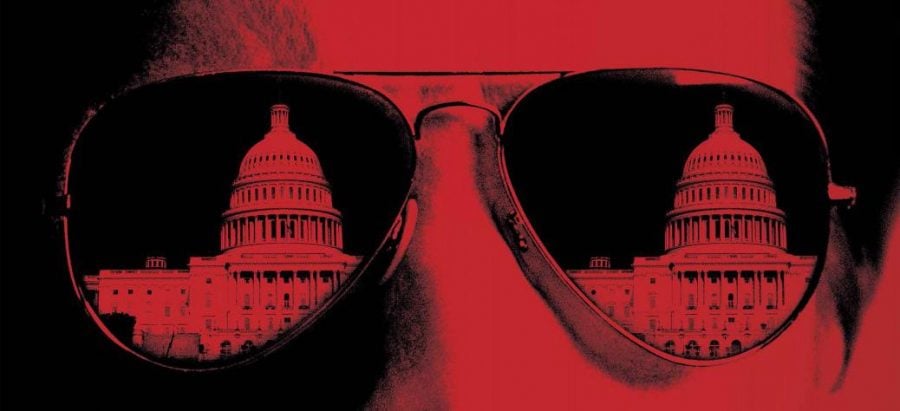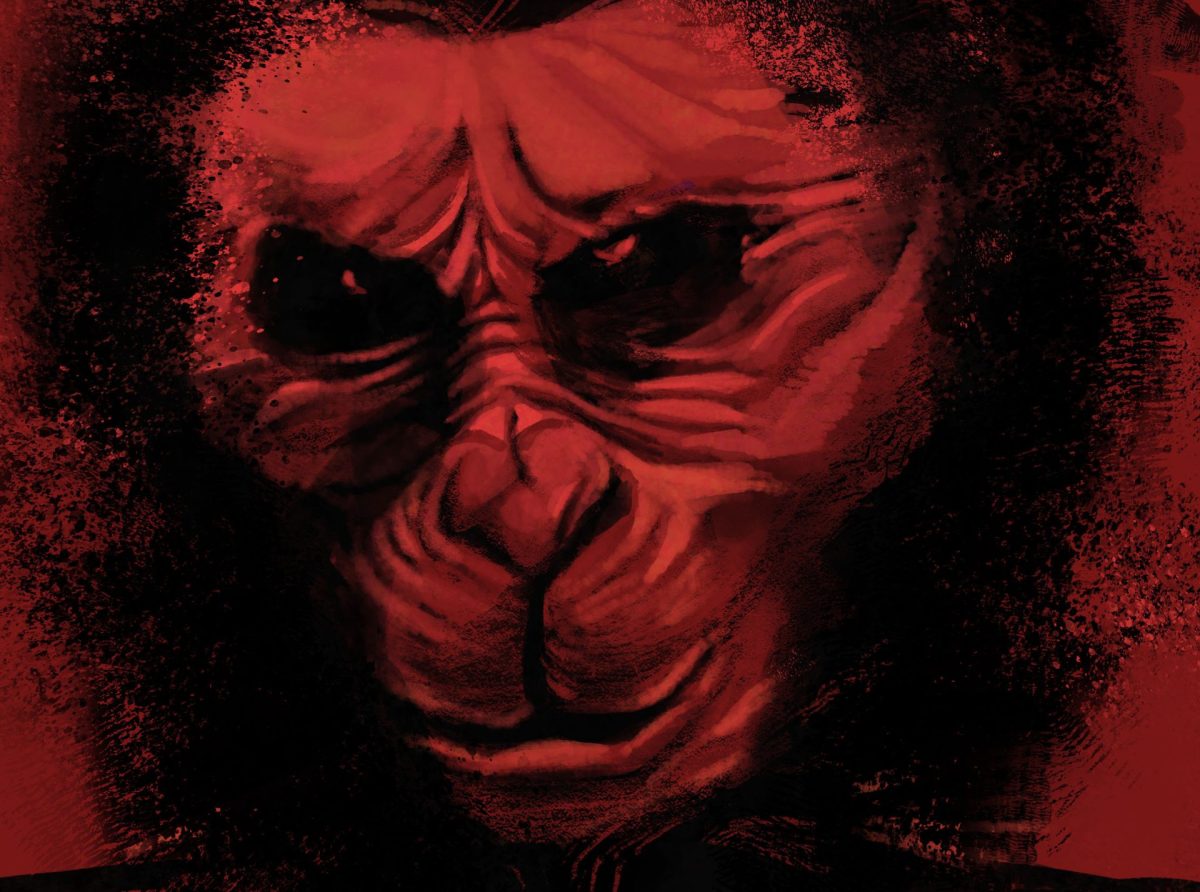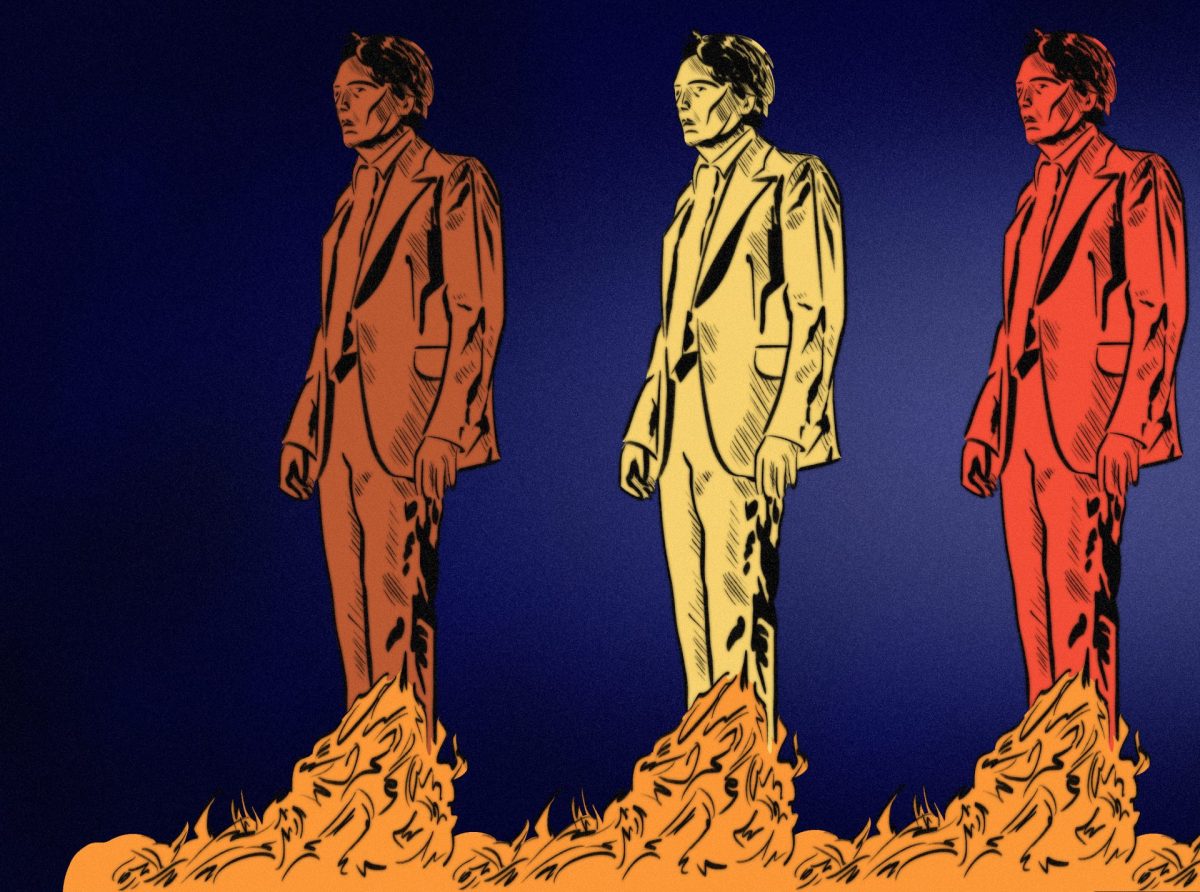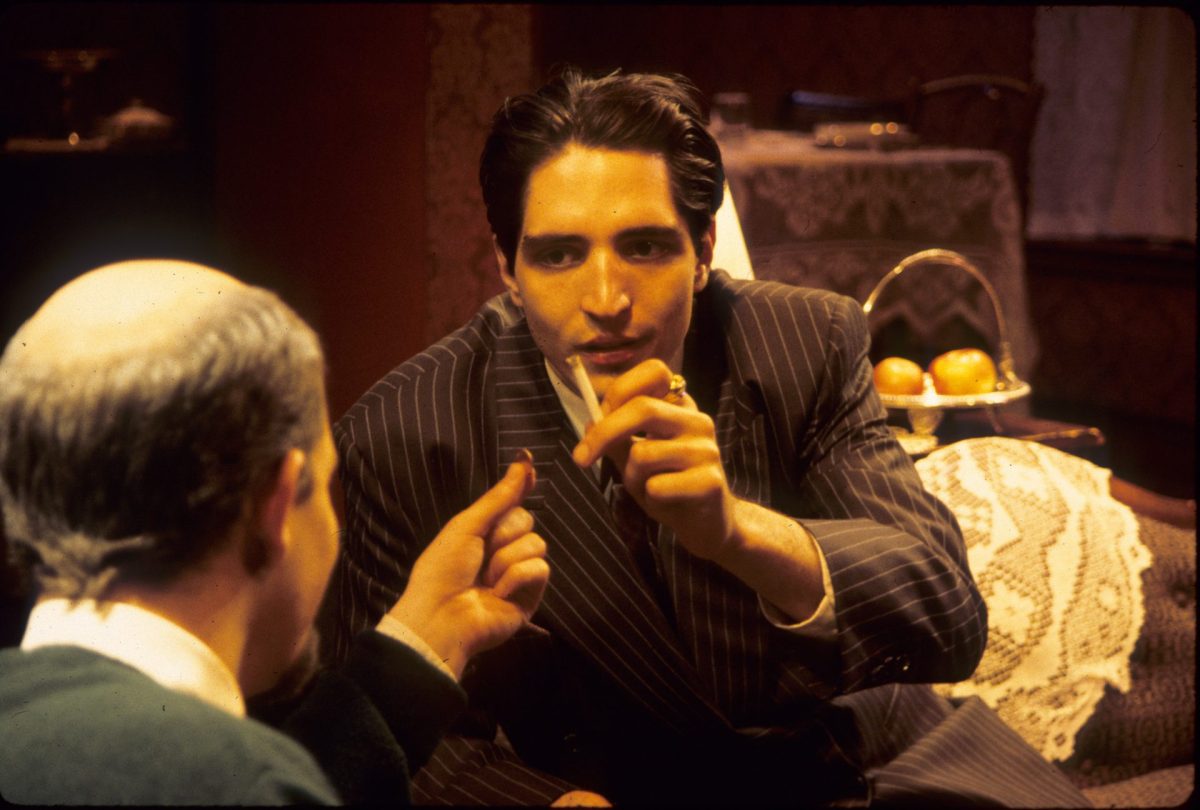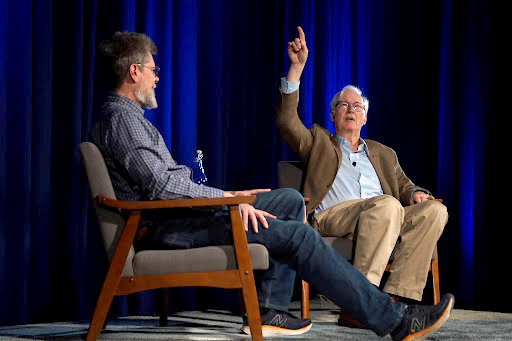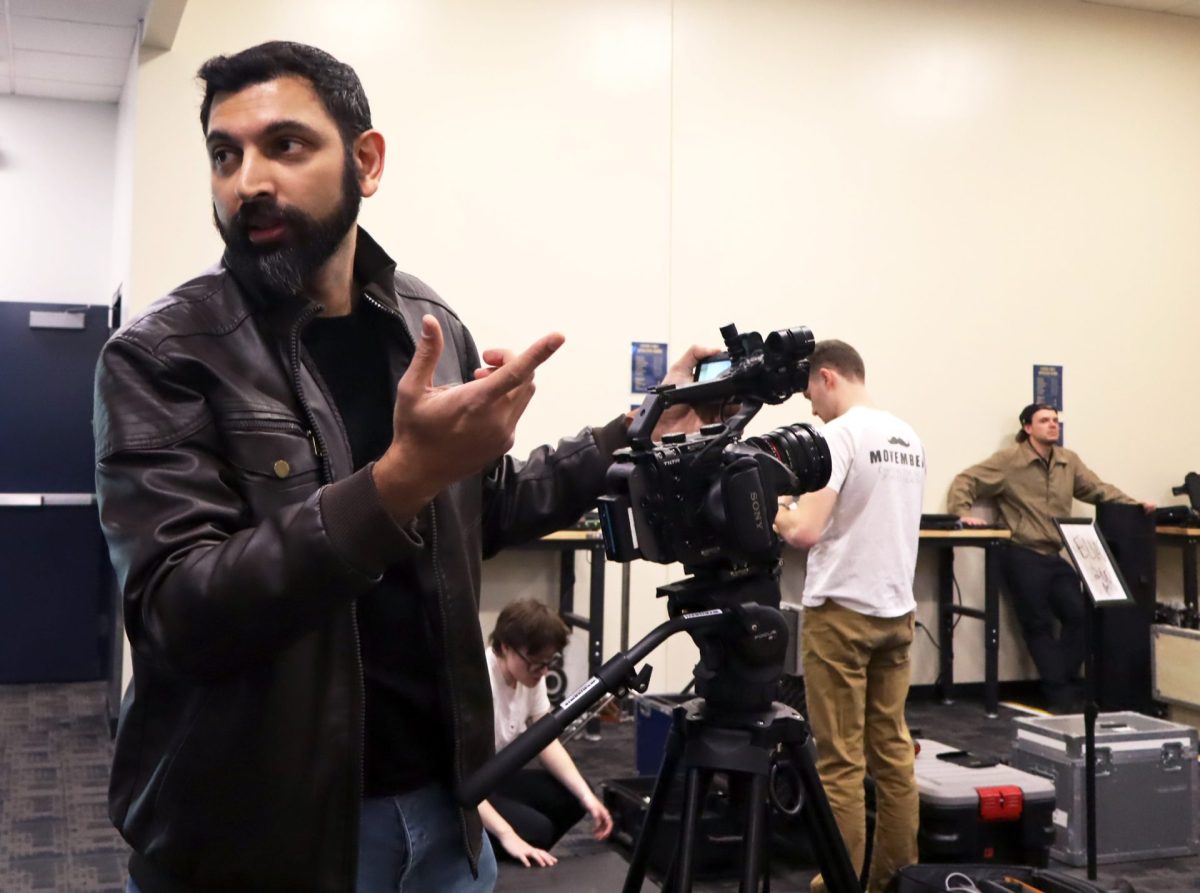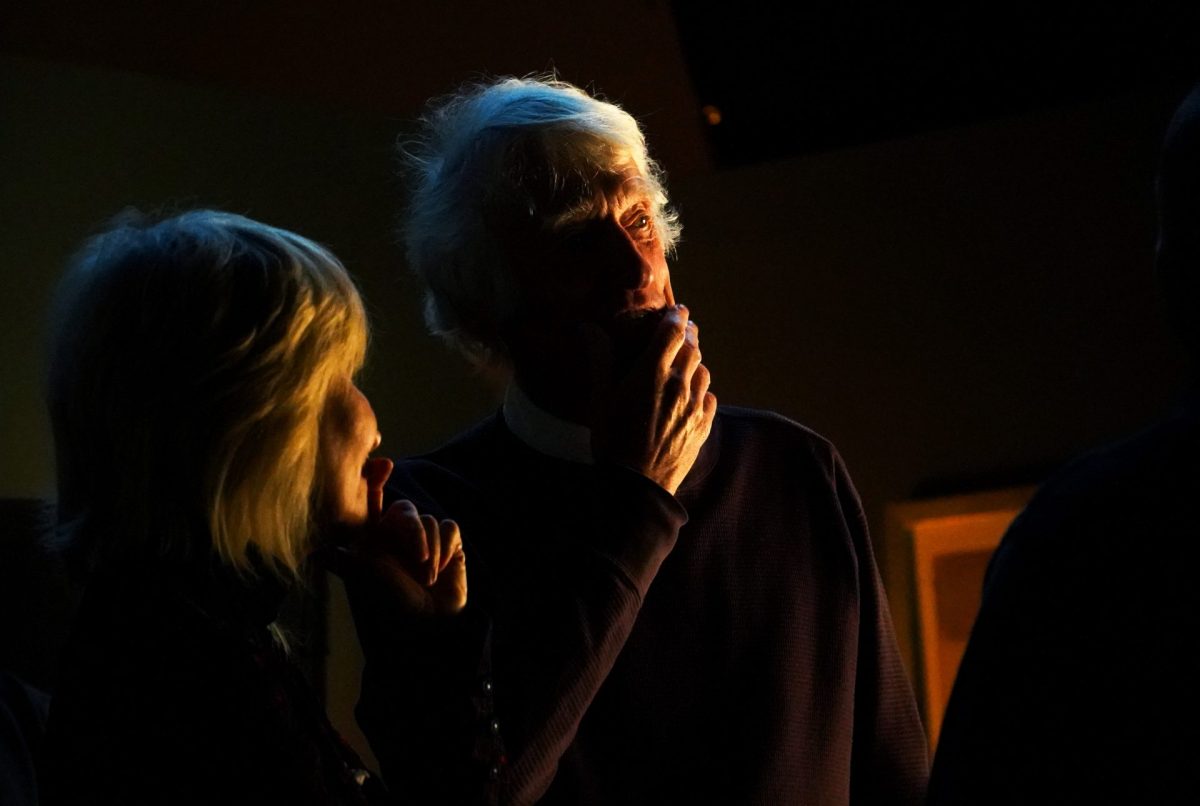Michael Cuesta’s “Kill the Messenger” comes out Oct. 10. The DePaulia sat down with him to discuss the upcoming film.
The DePaulia: What drew you to this project? It feels much bigger than your previous projects.
Michael Cuesta: It was understanding [Gary Webb], when I read the script I related to his passion and doggedness and belief in what’s right and not getting how complicated it can be to get to that point. I related to that, and that’s how I was able to access it, and I talked to Jeremy about that, we have to come from [Webb].
DP: Speaking of Jeremy, it’s a brilliant performance you get out of him; it’s so multilayered. How were you able to get that performance out of him, especially with his recent stints as an action hero?
MC: What’s so great is to see him play a real, mature man with responsibilities, instead of these recent pulpy things. I did a film with him in 2005 called “Twelve and Holding,” and he had a little supporting role that blew me away. And through that we discovered that we love ambiguity and complexity, and we like nuance. He really brought me to the project, he was a producer, and he trusted my ability to keep the film in that style. With those subtleties, that’s where the director comes on, that can get away from you. It’s important that the actor and director have a real understanding, an innate understanding of each other, and sensibility. We catch each other, and say “oh you shouldn’t do this”, or “hey we should try this”.
DP: This is of course a true story, but there are some fictional elements to make it more dramatic. How much of this film is true to Gary’s story, and what is fiction?
MC: We played around a bit with his personal life; there were always issues in the marriage. I move those things around, and his wife was okay with that. But as far as the story, it’s all spot on, what I did though, when he’s in Ricky Ross’s trial, and when Blandon is giving it up, that’s all real. And Gary coached Fenster (Tim Blake Nelson), who was a Beverly Hills defense attorney; he didn’t know how to approach matters of national security. What we did dramatize was all the passing of the notes in court, all those little things that provided more of an entertaining aspect to every scene; that’s the kind of stuff we played around with. There was also a lot more discrediting that happened after the fact with Webb that we didn’t include, like his stuff with Dark Alliance, the book he wrote.
DP: How were you able to build on the fact that the film seems like it’s teetering on the verge of fiction from Gary’s point of view? It feels like a slow burn, which just boils over at the end.
MC: It’s exactly that, I always wanted it to be a slow burn. One good example is the moment in the garage in DC. Originally it was written that people were actually watching him, and I thought it to be too much too soon. What we wanted to do was create a little sense of paranoia from Gary’s perspective, where he’s starting to be aware of what he might be doing. And that’s triggered when he takes on the CIA, so we had this guy look like he’s following Gary. And I kept having the actor ask me, “am I in the CIA?” And I just told him no, just walk to your car, it’s how I film it, from Gary’s point of view, and Jeremy understood that. All it does is kind of set off that trigger, that maybe people could be watching him. We definitely took some notes from All The President’s Men, and The Insider. It’s a political drama, but it’s also thrilling, so you need that slow burn to build on Gary’s sense of paranoia, and feeling that his whole world might be crumbling down.
DP: Did you have any consultants from the CIA on set, just because this is such a controversial subject?
MC: We had one on set, and he was more just to advise us on what we should or shouldn’t include. Like there was stuff with Oliver North he said wouldn’t fly; it was made up. We used the facts that were printed, not things that Gary may have said, or other critics might have noted. We didn’t start making up stuff that he was part of the drug ring, because that was completely fictionalized; there was no proof of that. The advisor was there to keep the facts straight, mostly so we wouldn’t piss off people in the CIA.


